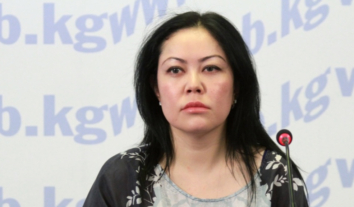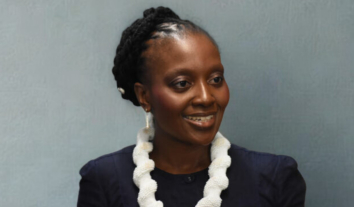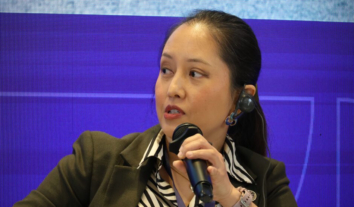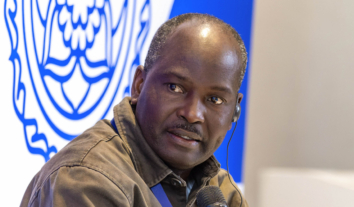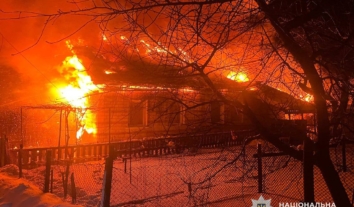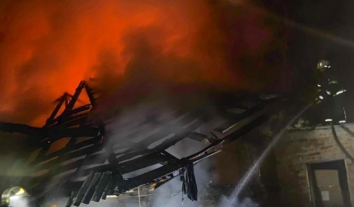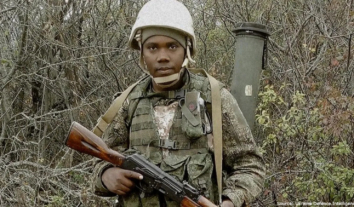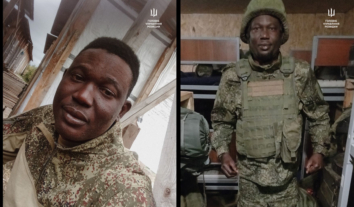Teachers under occupation: who should be punished for collaboration and what are the problems in the legislation
In Ukraine, since about November 2022, after the liberation of the temporarily occupied city of Kherson, there has been a professional, legal, and emotional discussion about how to approach the issue of educators’ work under occupation. Was there collaboration, or were many people forced to cooperate with the enemy? Now, law enforcement officers are investigating the issue of voluntariness to determine whether to bring a person to justice under Article 111-1 of the Criminal Code of Ukraine on collaboration. However, voluntariness is a vague category.
A person could cooperate with the occupation authorities under duress or because of a threat to life and health. The threat to life and health may not be direct, not in the form of a machine gun, although this does happen. Sometimes, though, a person is deprived of their livelihood and has nothing to live for. There are also circumstances in the lives of educators when they have sick parents in the occupation. So this is a really big issue.
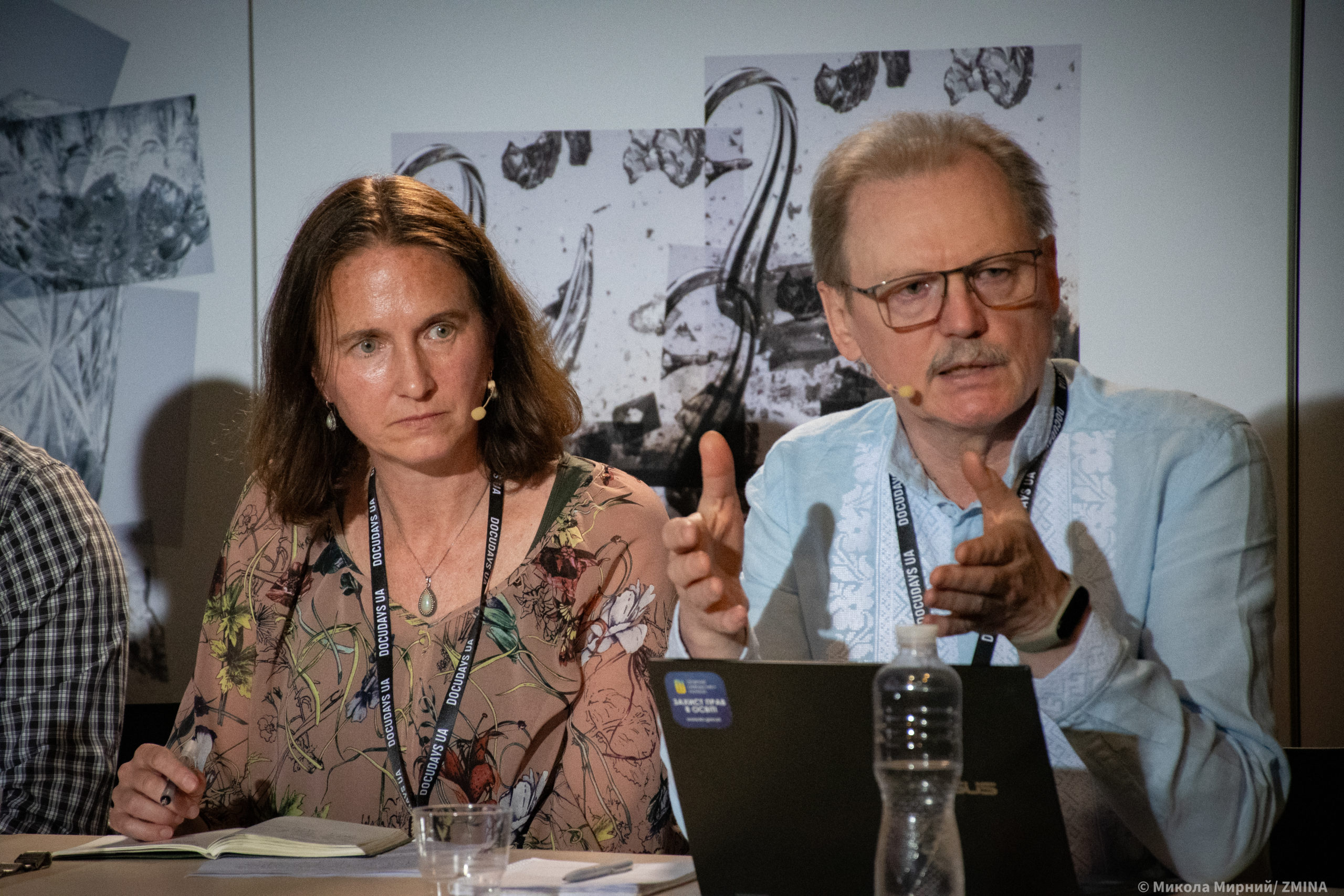 (left to right) Noel Calhoun and Serhii Horbachov
(left to right) Noel Calhoun and Serhii HorbachovAnother important aspect is that education is a branch of human worldview formation.
When discussing the work of electricians, utility workers, salespeople, and doctors under occupation, where it is simply necessary to save all people and maintain the life support of the civilian population, these professions fall under the criteria of international humanitarian law, as outlined by Noel Calhoun, a representative of the United Nations Human Rights Monitoring Mission. However, difficulties arise when it comes to shaping the worldview of things.
In all schools on the temporarily occupied territories, teachers were forced to work according to Russian curricula, and Ukrainian books were massively destroyed everywhere. There are practically no Ukrainian books left there. The occupiers brought their hundreds of tons of Russian waste paper in the form of textbooks, where Crimea is portrayed as Russian and Ukraine as a Nazi state. They are trying to shove all this into our children’s heads.
This serious problem is further exacerbated by the fact that Ukrainian society still does not have a coherent understanding of the criteria and how to approach the issue of educators’ responsibility for working under occupation. Currently, there are two extreme positions in society: “Let’s imprison everyone” and “Let’s forgive everyone.”
Neither position can be acceptable in a democratic country, especially one fighting for survival.
Last year, we held three events dedicated to the issue of collaboration in education, with the participation of the Ukrainian Helsinki Human Rights Union, the Ministry of Education and Science, law enforcement agencies, and other government agencies and stakeholders.
Based on the results of this work, in August 2023, the Education Ombudsman Service sent the Verkhovna Rada Committee on Education a description of the problem and proposals on how to overcome these challenges.
We have determined that this matter has no clearly defined circle of subjects of responsibility. For example, a teacher who conducts a classroom lesson is a subject of responsibility. Should they be prosecuted under Part 3 of Article 111-1 of the Criminal Code of Ukraine (collaboration)? If they are conducting a lesson, then currently, no, even if it is based on Russian programs. The current wording of the article provides for responsibility for implementing the aggressor state’s education standards in educational institutions, but this term itself is vague.
Therefore, because of this legal uncertainty, we are deprived of the opportunity to fulfill two main goals – to punish those guilty of collaboration, those people who are trying to destroy Ukraine, and to protect the innocent from punishment.
When law enforcement officers have such broad discretion, the court decision will be based on the existing law. But the question is whether we will achieve justice. Therefore, it is necessary to clearly define the balance of human rights and the protection of Ukraine as a state, but this has not yet been done because of the heated debate between the “imprison all” and “forgive all” camps.
Currently, Ukrainian legislation also does not clearly define the grounds for prosecution. For example, if a math teacher teaches a lesson, there will be no ideological propaganda or influence on the subject matter. Therefore, there will be no crime.
If it’s a history lesson where the teacher talks about the “eternal Russian empire” or “Crimea is ours,” then this is propaganda, and the teacher should be brought to justice.
Last year, when we were preparing events on the problematic area of collaboration, we drew attention to the book, “Criminal Collaboration in the Context of Armed Aggression. A Practical Guide to Criminal Law Assessment and Distinction” by professors of the Yaroslav Mudriy National Law University.
The representatives of the Security Service of Ukraine contributed to this book, and we talked to them extensively. They clearly distinguish whether this is a real crime or forced behavior.
However, the issue is that this guide appeared not only because people wanted justice. The reason is much more banal. Under the article on collaboration, law enforcement officers have opened 8,000 criminal cases. Where can we find the resources to investigate all of these cases?
Lack of clear law
Ukrainian legislation does not clearly define a rule prohibiting teaching even in the event of a court decision that an educator is guilty of the crime. Ukrainian laws provide judges with broad discretion in this matter.
In the case of a verdict against an educator, the judge may or may not prohibit them from teaching in the future. It creates an absurd situation, as we see in cases of bullying in schools, when a teacher is found guilty of bullying but continues to work. Moreover, they can even lead an educational institution. Legislation needs to be regulated in this regard.
That is, to ensure that a person from the educational sphere found guilty of collaboration by a court does not have access to children in the future because such criminal activity is a gross violation of children’s rights in the first place.
Imagine a real-life situation. I am a school principal, and a teacher comes to me to apply for a job. How do I know that they are not a collaborator? We have no such register at all. If a court finds a person guilty of collaboration, they are not obliged to inform anyone about their sentence. Currently, there is a problem with many court decisions on collaboration in the Unified Register of Court Decisions being closed from the public eye. There is also no regulatory framework under which I, as the head of an educational institution, can refuse to hire such a candidate.
This state of affairs creates two types of risks for us. On the one hand, there is the risk of unreasonable hiring refusals because a person has been in the occupied territory. After all, we see this Stalinist relapse: if a person lived in the occupation, then they have no future in their career. They are branded a traitor. It is wrong, unfair, and illegal. On the other hand, we can let real traitors into the educational system. And this also needs to be regulated.
The over-insurance syndrome
There is one more problem in this area: illegal extrajudicial dismissals of teachers are currently being practiced in Ukraine. It resembles “telephone law.”
We have talked a lot with colleagues in the temporarily occupied territories, from the combat zone, and in the liberated territories, and we see very unpleasant things when a person can be fired just because the Security Service of Ukraine called the head of the department or the school principal and asked about this person. The investigators did not suspect the teacher, and there was no court verdict, but law enforcement officers simply asked about them because they might want to invite that person as a witness.
We know of cases where people were fired because of such calls from the Security Service. The bureaucracy has an over-insurance syndrome, just in case something happens.
All these issues need to be resolved because, on the one hand, in Ukraine, there are illegal dismissals from their positions. On the other hand, a person voluntarily headed the education department in a temporarily occupied city and was still in charge after the city was liberated. They went door to door and forced school principals and teachers to come to work. Moreover, you realize they were not doing this alone but accompanied by a patrol with machine guns. There are many such absurd cases. It is unfair but legal because there are no grounds to remove her from office.
In addition, Ukrainian legislation does not answer the question of whether there will be liability for collaboration after the liberation of all the temporarily occupied territories of Ukraine. Lawyers and law enforcement agencies are currently seriously discussing this question. There is no single answer.
Among other things, the legislation does not define liability for teachers for assisting in the abduction of Ukrainian children and their illegal transfer to the territory of the Russian Federation. Some educators have access to children, to families, to relevant databases, and they are facilitating the deportation of our children to Russia from the temporarily occupied territories.
Speech by the Educational Ombudsman Serhii Horbachov during the Docudays UA discussion, “Educators, doctors, public utilities in the occupied territories – whom does Ukraine consider collaborators and is it fair?”

